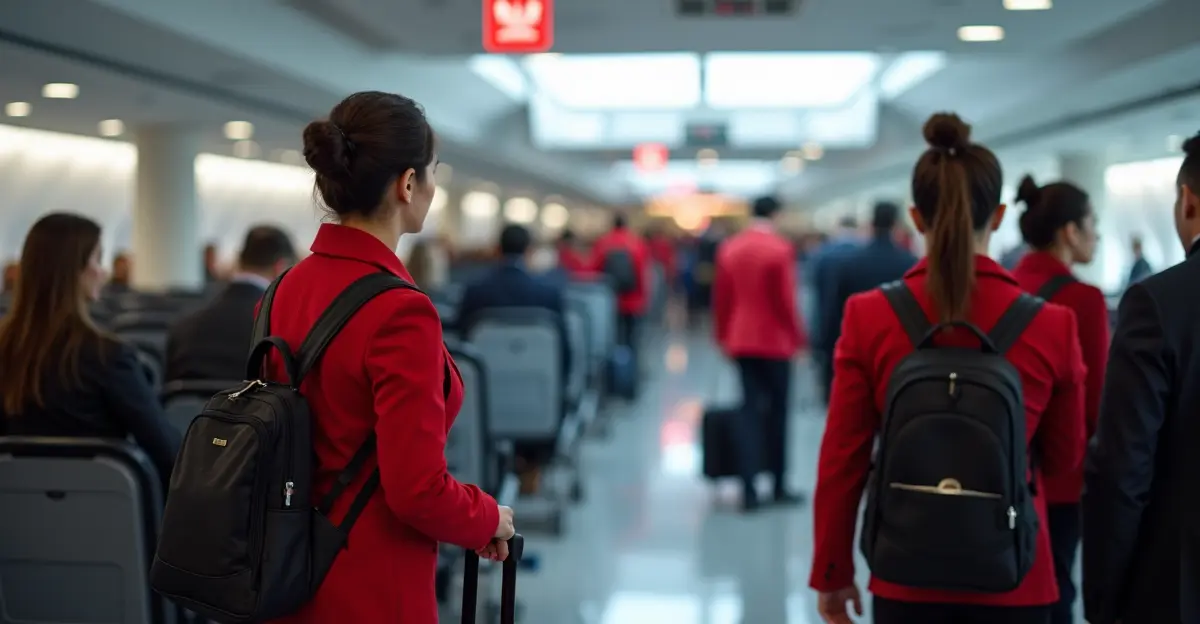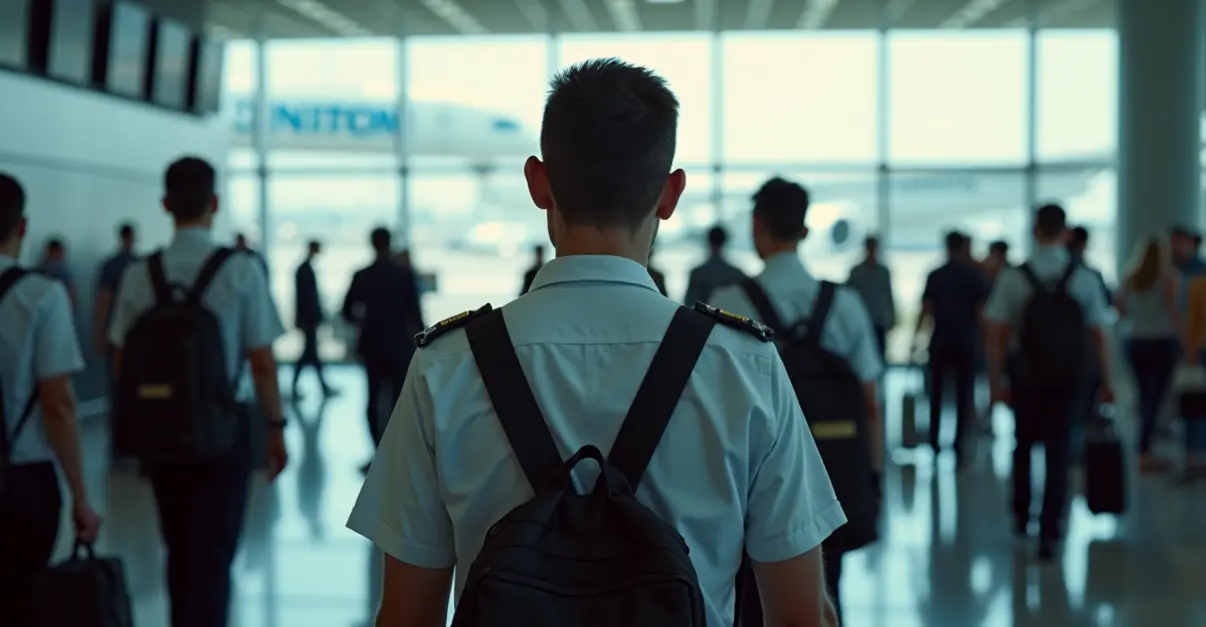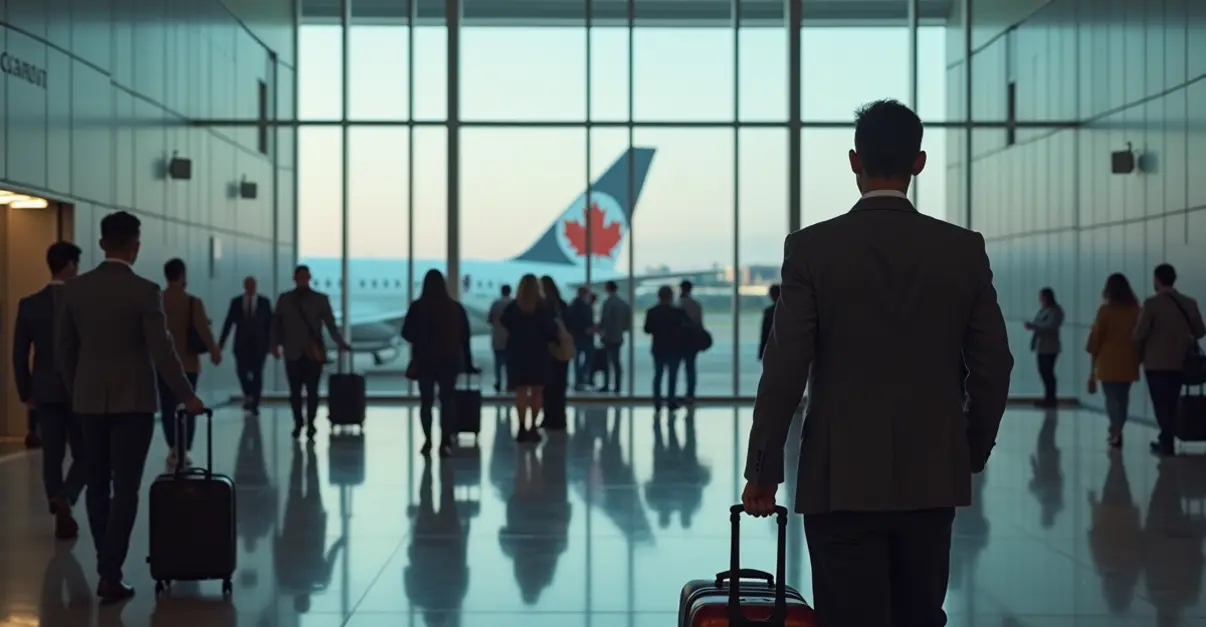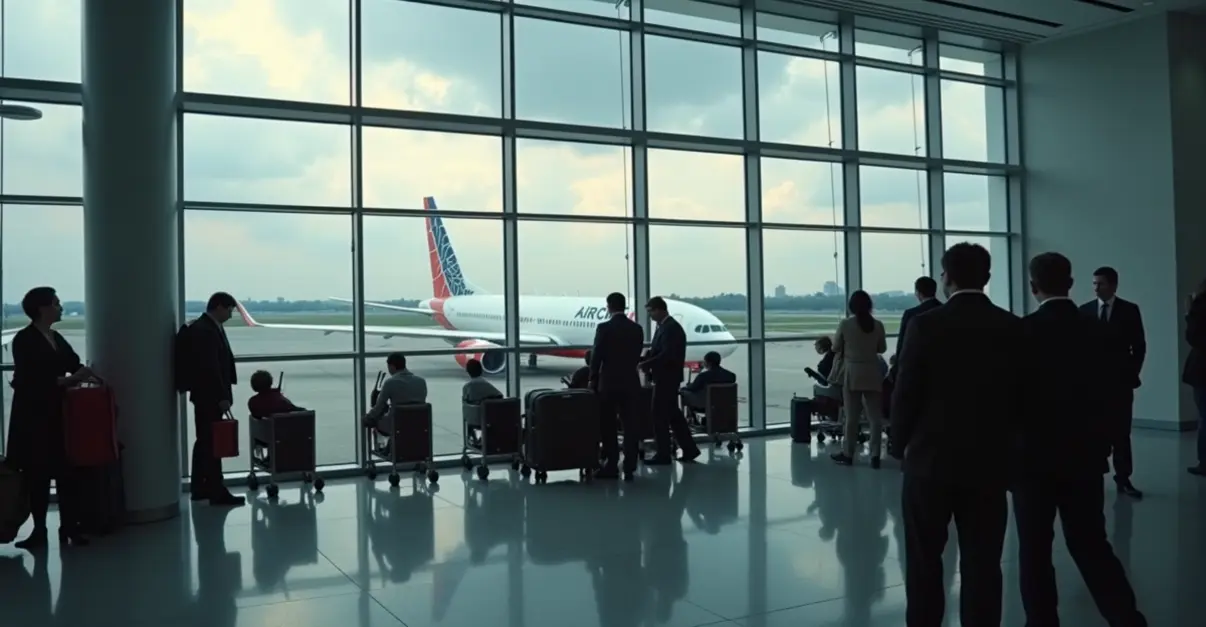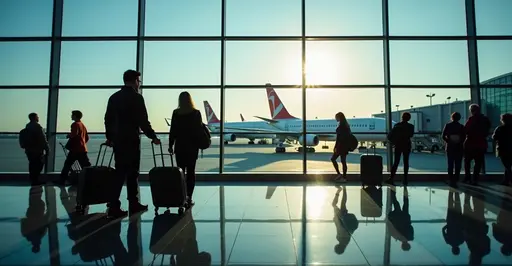Major airline pilots announce coordinated strike dates for late July 2025, threatening to cancel thousands of flights during peak summer travel. The action stems from failed negotiations over pay and working conditions, with mediation efforts ongoing.

Major Airline Pilots Announce Strike Action During Peak Summer Season
In a move that could disrupt millions of summer travel plans, pilots from several major airlines have announced coordinated strike dates set for late July 2025. The industrial action, organized by the International Federation of Air Line Pilots' Associations (IFALPA), comes after months of failed negotiations over pay, working conditions, and job security.
Impact on Flight Schedules and Passenger Travel
The strike is expected to affect over 15,000 flights across North America and Europe during the peak summer travel period. Major carriers including Air Canada, Lufthansa, and British Airways could see up to 60% of their scheduled flights cancelled during the strike days. 'We regret the inconvenience to passengers, but we've exhausted all other options,' said Captain Sarah Chen, spokesperson for the pilots' union. 'Our members have been working under increasingly difficult conditions with stagnant wages while airline profits have soared.'
Passengers are advised to check their flight status regularly and consider alternative travel arrangements. Airlines have begun implementing contingency plans, but industry analysts warn that the scale of the planned action could lead to significant disruptions. 'This is the worst possible timing for travelers,' noted aviation analyst Michael Rodriguez. 'Summer is when families plan their vacations and business travel peaks. The ripple effects could last for weeks.'
Passenger Rights and Compensation
Under European Union regulations, passengers on cancelled flights are entitled to compensation of up to €600, depending on the flight distance and delay length. Similar protections exist in Canada and the United States, though compensation amounts vary. Travel insurance providers are reporting increased inquiries about strike coverage.
'Passengers should document everything and keep all receipts,' advised consumer rights advocate Maria Gonzalez. 'If your flight is cancelled due to strike action, you have rights to rebooking, refunds, and in some cases, compensation for additional expenses.' Airlines are required to provide meals and accommodation for stranded passengers when necessary, though capacity may be limited during peak season.
Mediation Efforts and Negotiation Status
Government mediators from multiple countries have been called in to facilitate talks between airline management and pilot unions. The key sticking points include salary increases to match inflation, improved rest periods between flights, and job protection measures against automation.
'We remain hopeful that a settlement can be reached before the strike dates,' stated Labor Minister Patricia Williams. 'Both sides understand the serious consequences of industrial action during the busy summer period.' However, union representatives indicate that previous mediation attempts have failed to produce meaningful progress.
The pilots argue that their demands are reasonable given the industry's post-pandemic recovery and record profits. 'Airlines have rebounded strongly from the COVID-19 crisis, but frontline workers haven't shared in that success,' explained Captain Chen. 'We're simply asking for fair compensation for our expertise and the risks we manage daily.'
Broader Industry Implications
This potential strike comes amid broader labor unrest in the aviation sector. The recent Air Canada flight attendants strike highlighted similar issues around unpaid work hours and compensation. Industry observers note that pilot shortages worldwide have given unions increased bargaining power.
'The aviation industry is at a crossroads,' commented industry expert Dr. Robert Kim. 'Airlines need to address fundamental labor concerns if they want to maintain reliable operations and attract new talent to the profession.' The outcome of these negotiations could set precedents for future labor disputes across the global aviation industry.
As the strike dates approach, both sides continue to meet with federal mediators. Passengers are encouraged to stay informed through official airline channels and consider flexible travel options. The next round of negotiations is scheduled for early July, giving both parties approximately three weeks to reach an agreement before the planned industrial action begins.

 Nederlands
Nederlands
 English
English
 Deutsch
Deutsch
 Français
Français
 Español
Español
 Português
Português




